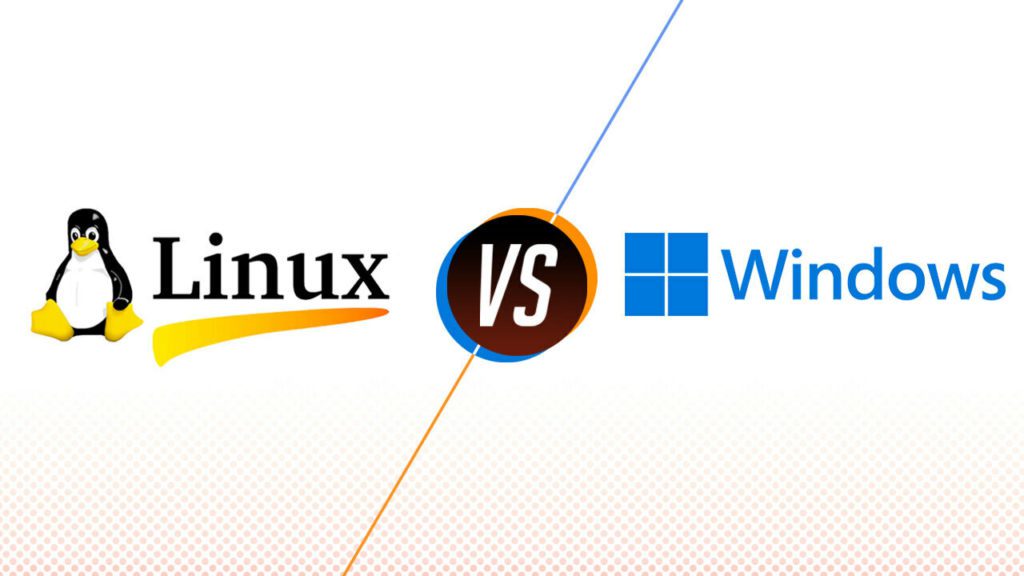
Windows vs Linux: Which one is better?
When it comes to choosing an operating system, Windows and Linux are two of the most popular options. Each operating system has its own strengths and weaknesses, and choosing the right one for your needs can be a difficult decision. In this post, I’ll take a closer look at the pros and cons of each operating system to help you make an informed decision.
User-Friendliness:
One of the biggest advantages of Windows is its user-friendliness. The interface is designed to be intuitive and easy to use for people of all levels of technical expertise. The graphical user interface (GUI) of Windows is familiar and easy to navigate, and most users are already familiar with the operating system. On the other hand, Linux can be more challenging for beginners due to its command-line interface and open-source nature. However, Linux offers more customization options for advanced users, which can be a plus for those who want more control over their system.
Security
When it comes to security, Linux has a clear advantage over Windows. Linux is less prone to viruses and malware due to its open-source nature, which allows users to access and modify the source code to fix vulnerabilities. This means that Linux users can quickly patch security holes and other issues, making the operating system more secure overall. Windows, on the other hand, is a more popular target for cybercriminals, making it more susceptible to attacks. However, with the right anti-virus software and security measures, Windows can still be a secure operating system.
Software Compatibility
Windows has a clear advantage when it comes to software compatibility. The vast majority of software is designed to run on Windows, making it easier for users to find and install the programs they need. This means that users can quickly find and install the applications they need without any compatibility issues. Linux, on the other hand, has a smaller selection of software available, and some programs may not be compatible with certain Linux distributions. However, Linux does offer open-source alternatives to many popular programs, and users can often find free, high-quality software that meets their needs.
Customization
One of the biggest advantages of Linux is its customization options. With Linux, users can customize every aspect of their operating system, from the look and feel of the GUI to the core system files. This level of customization is not possible with Windows, which is designed to be more of a closed system. This means that Linux users can create a system that is tailored to their needs and preferences.
Stability and Performance
Linux is known for its stability and performance. Linux is designed to be lightweight and efficient, which means that it can run smoothly even on older hardware. This makes Linux a great choice for users who want to breathe new life into an old computer. Windows, on the other hand, is a more resource-intensive operating system, which means that it requires more powerful hardware to run smoothly. However, Windows does offer more features and functionality than Linux, which can make it a more versatile operating system overall.
Conclusion
So, which operating system is better, Windows or Linux? The answer depends on your needs and preferences. If you value user-friendliness and software compatibility, Windows may be the better choice for you. However, if security, customization, stability, and performance are your top priorities, Linux may be the way to go. Ultimately, both operating systems have their pros and cons, and the best choice is the one that meets your needs and fits your lifestyle.

No comment yet, add your voice below!